Workflow – The Fellows (2021/2022)
The Fellows is a first of its kind thinking initiative at The School of Thinking, designed to advance the participants’ expertise in selected heuristics and frameworks of thinking. The workflow is carried out by the former students of the SoT’s Regular Track (Alpha & Iota), who remain affiliated with the SoT programme, and CLEA affiliates. The Fellows will be gathering on a monthly basis to specialize in one or more framework(s) of thinking, which are coherent, well developed, well operationalised, and very different from their own thinking comfort zones.
Sessions will be held ONLINE or at CLEA (Krijgskundestraat / Rue de la Stratégie 33) on the following days (19:00-22:30) or online:
Previous and future sessions:
- Wednesday 27 October 2021: INTRODUCTION – online session – ZOOM
- Wednesday 24 November 2021: Subductisupercilicarptor – online session – ZOOM
Hard-nosed critical thinking may be a very helpful tool, but it can also serve as a barrier against the potentially dangerous knowledge that absorption can provide. Humans occasionally desire such safety; without it, we risk losing our identity. We risk mistaking a different way of living for something alien, rather than an option worth exploring and even embracing. Should we create a distinction at all? Is there a difference between ordinary and critical thinking? “How can your critical appraisal of a work of art be separate to your opinion regarding that piece of art?” (Berlatsky, Roth, 2014)
Guest thinker: Gerard De Zeeuw
Gerard de Zeeuw is a SoT Instructor, a Dutch scientist and Emeritus professor Mathematical modelling of complex social systems at the University of Amsterdam in the Netherlands. He is known for his work on the theory and practice of action research, particularly on the “Problems of increasing competence”, “Second order organisational research” and “Three phases of science: A methodological exploration”. - Wednesday 15 December 2021 – ACTA NON VERBA
Acta non Verba highlights the superiority of actions over words when dealing with certain questions. Hannah Arendt considers action to be one of the three “most elementary articulations of the human condition”—those acts that are “within the range of every human being”—in her book The Human Condition. But Arendt leaves out other—less elementary—conditions of human beings. Notably, she specifically writes that the book does not address thinking, according to her “the highest and perhaps purest activity of which men are capable.” According to Arendt, thinking is a kind of “absolute waking.”. The word Arendt uses to describe this fullness of absolute waking is the German word vollbringen, to bring to fullness, to complete. This is, probably not coincidentally, the same word Martin Heidegger uses to describe both thinking and acting in his 1946 Letter on Humanism. If acting is the highest of the elementary ways of being human, is thinking then a specific kind of action that is, by its rarity, reserved for the few. Or is it not?
Letter on Humanism – Heidegger
The Human Condition – Arendt
Guest: Cadell Last
Dr. Cadell Last is philosopher (Ph.D.) with an interest in anthropology and psychoanalysis, and the author of Global Brain Singularity, and Sex, Masculinity, God. He is currently working on various philosophical projects, as well as working as a psychotherapist at the intersection of psychedelic psychotherapy. He is also Director of Psychedelic Research at Psirenity (UK). Earlier in his career he was researcher at the Bertalanffy Center for the Study of Systems Science, focusing on integrating general systems theory with an understanding of subjectivity through the application of second-order cybernetics, philosophy of mind and psychoanalysis in order to approach global challenges. - Wednesday 16 Februari 2022 – Natura non constristatur.‘Natura Non Constritatur’ translates directly from Latin to ‘Nature Is Not Saddened’. That is, that the natural world is not sentimental or compassionate. The phrase could serve as a reminder that the natural world is not concerned with human affairs, and will continue to live, grow, and exist around us while we go through our daily lives. However, humans have been ignoring nature, as being a dominant, overproducing, overconsuming, arrogant and invasive species. And we all aknowledge science is important to our understanding of the impact we have on our environment, it alone does not hold the answers to the current crisis, nor does it get people to act. Are the current crisis changing our worldview? And is there something like an “environmental worldview”? What about “planetary management”, “stewardship-view” and the so called “environmental wisdom”?Guest: Karin VerelstDr. Karin Verelst is a scientist (Molecular Biology) who turned to history and philosophy of science. Her areas of interest include ancient mathematics, early modern natural philosophy and the foundations of mathematics, the structural characterisation of causal theories using category theory, the logico-algebraic approach to the foundations of quantum mechanics. The focal point in her research is the role metaphysics plays as a structural element in the foundations of philosophical and scientific theories.
- Wednesday 16 March 2022 – Credo quia absurdum est.
‘Credo quia absurdum est.’ is a Latin phrase that means “I believe because it is absurd”, originally misattributed to Tertullian in his De Carne Christi. It is also a saying frequently used to mock the ‘credulity’ or dogmatic irrationality of religion. The argument from religious experience is an argument for the existence of God. It holds that the best explanation for religious experiences is that they constitute genuine experience or perception of a divine reality. Various reasons have been offered for and against accepting this contention. But, to debate religion, we must first find out why people believe. How do we relate to the excessive embrace of uncertainty and of mystery. But it’s more than just about the god(s). Believing is accepting that (something) is true, especially without proof. What is the connection with faith, as the strong trust and confidence in something or someone. Is believing a state or habit of mind in which trust or confidence is placed in some person or thing. Or is it just an attitude about the world which can be either true or false? - Wednesday 27 April 2022 – Audentes fortuna iuvat. “Fortune favours the bold”, “Fortune favours the brave” and “Fortune favours the strong” are common translations of this Latin proverb. It means that Fortuna, the Goddess of luck, is more likely to help those who take risks or action. Twenty years from now you will be more disappointed by the things you didn’t do than by the ones you did do.
It is a maxim predicting that those making unexpected or hazardous maneuvers or choices in pursuit of gain thereby increase their chance of success. But what is success? Is it about figuring out non-negotioable life-values? Is it a health issue? Or rather financial based? Success seems to be the accomplishment of an aim or purpose. We begin life with a curious fascination of what is possible in life and what we can become. We all have dreams. Lies the truth in not being able to predict where or next opportunity will come from, and therefore not being able to predict when our goals and dreams will happen? When we think of success, the first thing that comes to mind is often an individual achieving something great. But how is that achievement measured? Is it an act performed by an individual exceeding societal predetermined expectations and understanding? Does the impact of an activity, its importance to you and others, helps determine success? Or is it just measured by how many people show up at your funeral. What is the philosophical meaning of success?
SOCIALS
- Thursday 16 June 2022: End of Year: meet at Convivium: Carpe Vinum! – MAP


